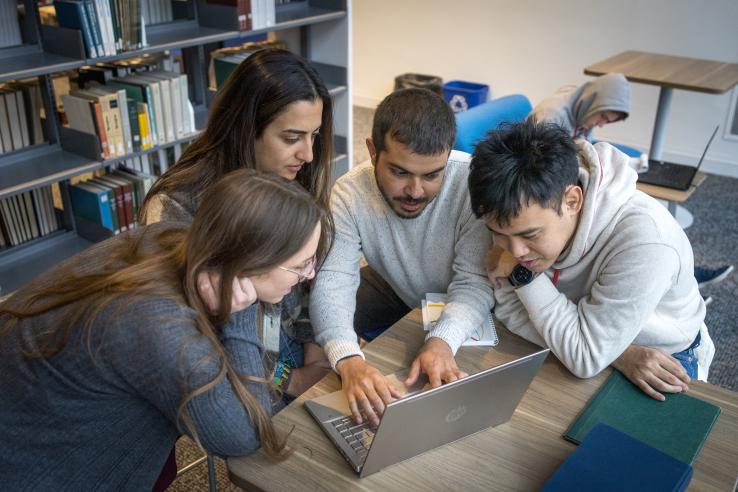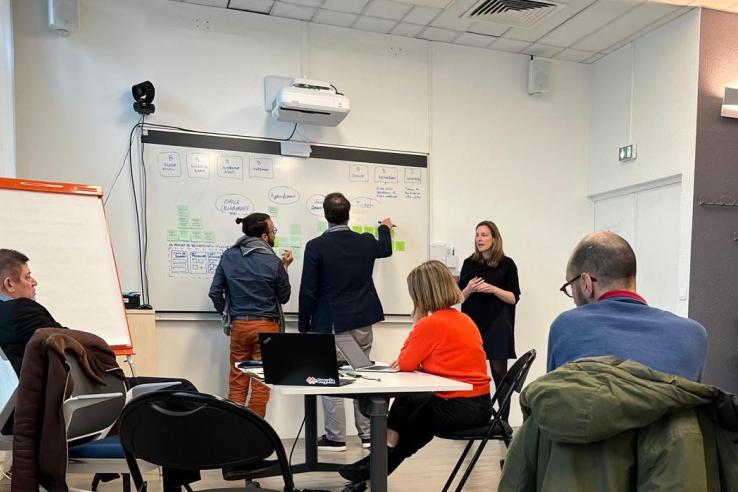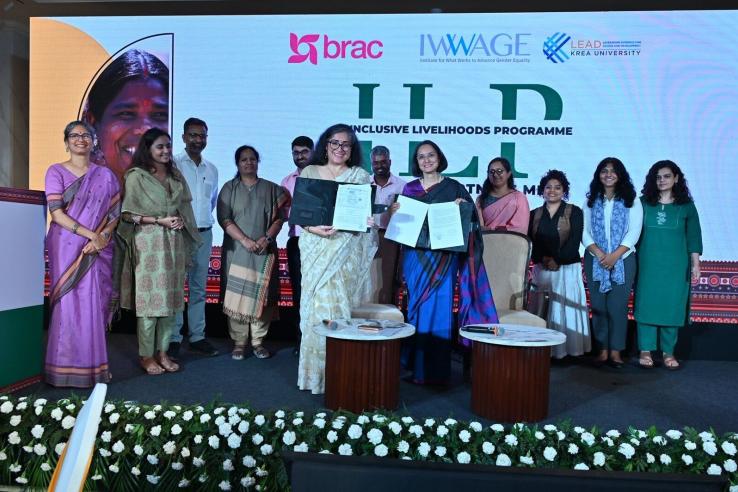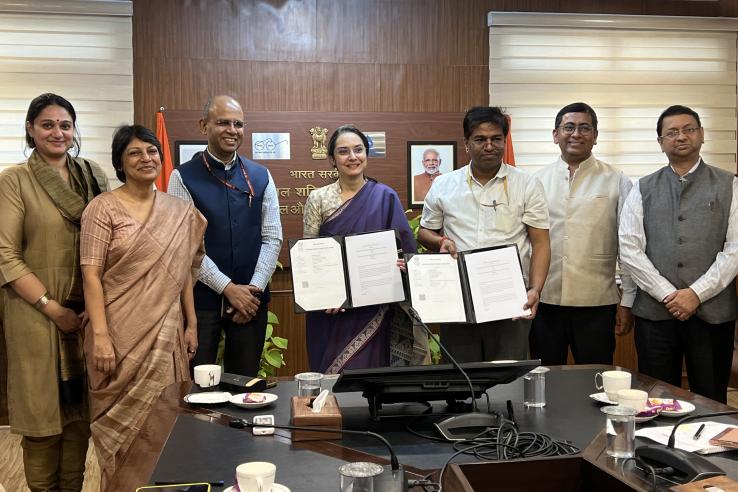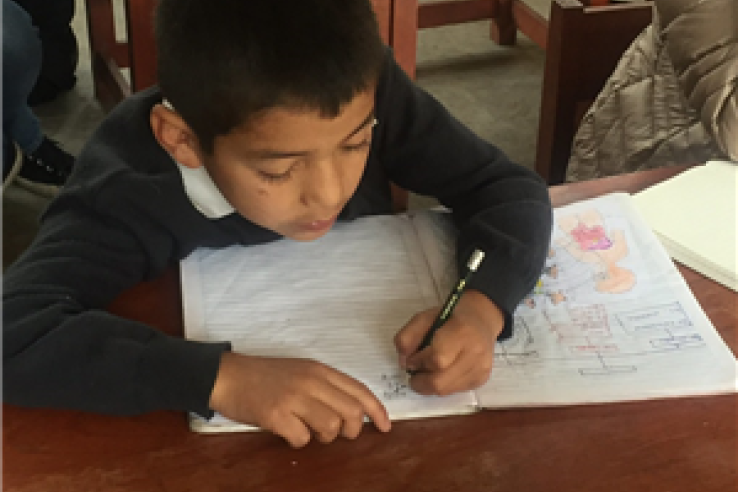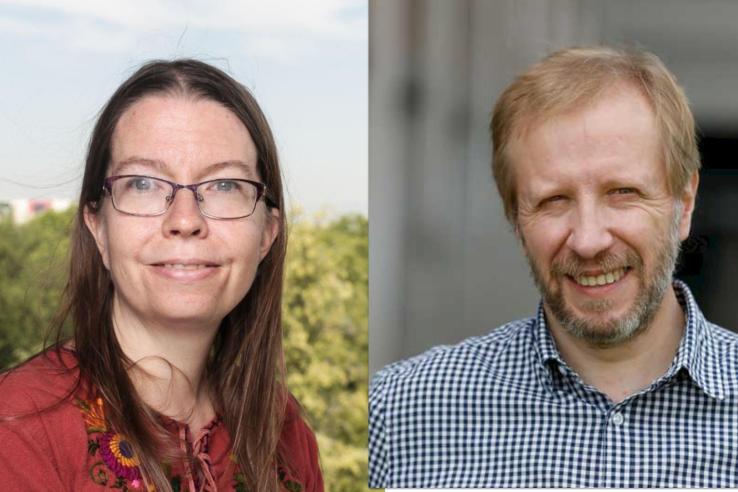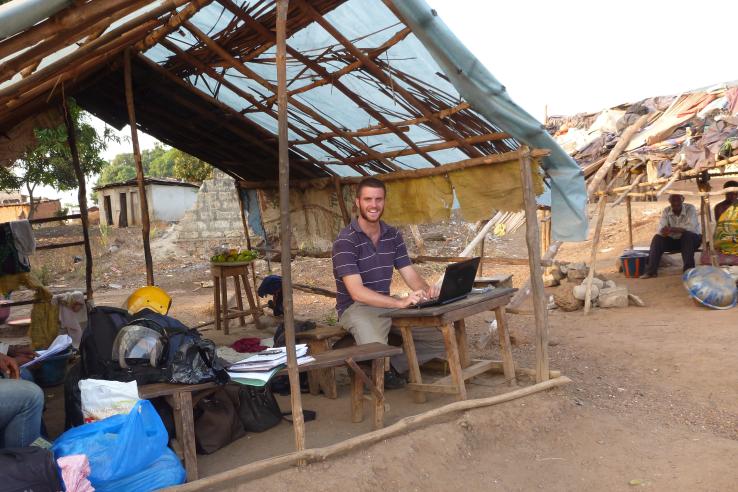Displaying 3361 - 3375 of 8491
Blog
The journey of the DEDP MicroMasters program has been marked by growth, reflection, and celebration. We are delighted to announce another milestone for the program: the launch of a new Public Policy Track to complement our existing curriculum. Accompanying this new Public Policy Track is a change in...
Person
Blog
To promote experimental research in education, IDEE collaborates with the French Ministry of National Education and Youth to develop new IT tools and resources, specifically an accessible online catalog of administrative data in education.
Blog
Brazil's labor market faces multiple challenges, including gender and racial disparities, an aging population where many lack access to savings or a pension, and adaptation to new labor regulations and digital transformation. The Covid-19 crisis exacerbated challenges as unemployment rates in the...
Update
J-PAL Updates
BRAC International and the Abdul Latif Jameel Poverty Action Lab (J-PAL) South Asia at IFMR have entered into a partnership to enhance the research, monitoring and evaluation components of the Samaveshi Aajeevika Yojana (SAY) and Satat Jeevikoparjan Yojana (SJY) - Urban programs.
Update
J-PAL Updates
This collaboration, aims to ensure safe drinking water for all rural households by 2030, leveraging J-PAL’s evidence-based approach to tackle India’s growing water challenges.
Update
J-PAL Updates
J-PAL Latin America and the Caribbean (LAC) promotes J-PAL's campaign The Evidence Effect, celebrates a new Co-Scientific Director, launches a podcast on education and establishes a partnership with UNICEF. Find the latest updates on policy-relevant research, initiatives, courses, events, resources...
The Evidence Effect
Tutoring programs in the United States consistently lead to large improvements in learning outcomes across a range of school grades and educational settings.
The Evidence Effect
Paid summer jobs programs level the playing field for young people from low-income communities, raising summer employment rates and income and reducing involvement with the criminal legal system.
The Evidence Effect
Evidence-informed policy labs in governments help agencies pilot, test, and scale effective solutions for priority issues while also strengthening data and evidence use capacity.
Event
O programa MicroMasters® em Dados, Economia e Design de Políticas (DEDP) oferece a estudantes habilidades práticas e conhecimento teórico para enfrentar alguns dos desafios mais urgentes em todo o mundo.
Update
J-PAL Updates
This issue of J-PAL LAC's quarterly newsletter welcomes co-scientific director Jeanne Lafortune. It also presents interesting advances in government partnerships for the region, with events related to the Chilean and the Argentinian governments. Discover the latest updates on policy-relevant...
Blog
The Alumni Spotlight series highlights J-PAL alumni who are making an impact across industries and around the world. Formerly a research analyst at J-PAL Africa, Grant Bridgman '14 now leads Uliza, a translation start-up that aims to improve access to information across hundreds of languages. He...
Blog
The Regional Scholars Program has taken center stage at the Digital Agricultural Innovations and Services Initiative (DAISI) nearly two years after its launch. The DAISI Regional Scholars Program is integral to DAISI and promotes research opportunities for scholars based in sub-Saharan Africa and...
